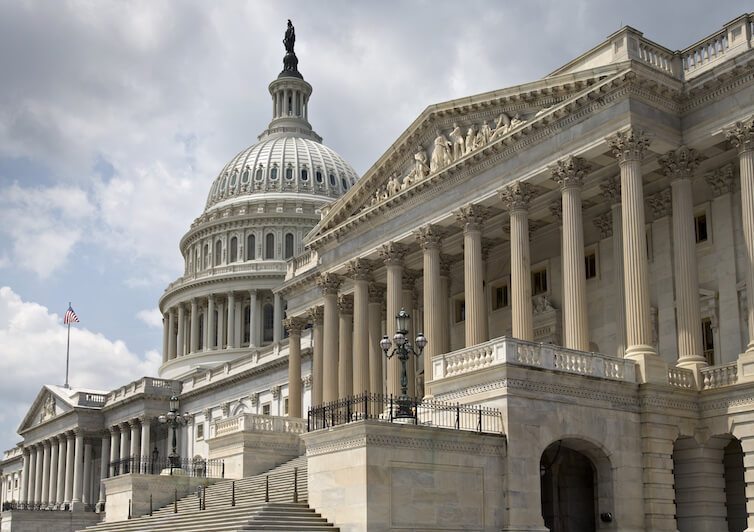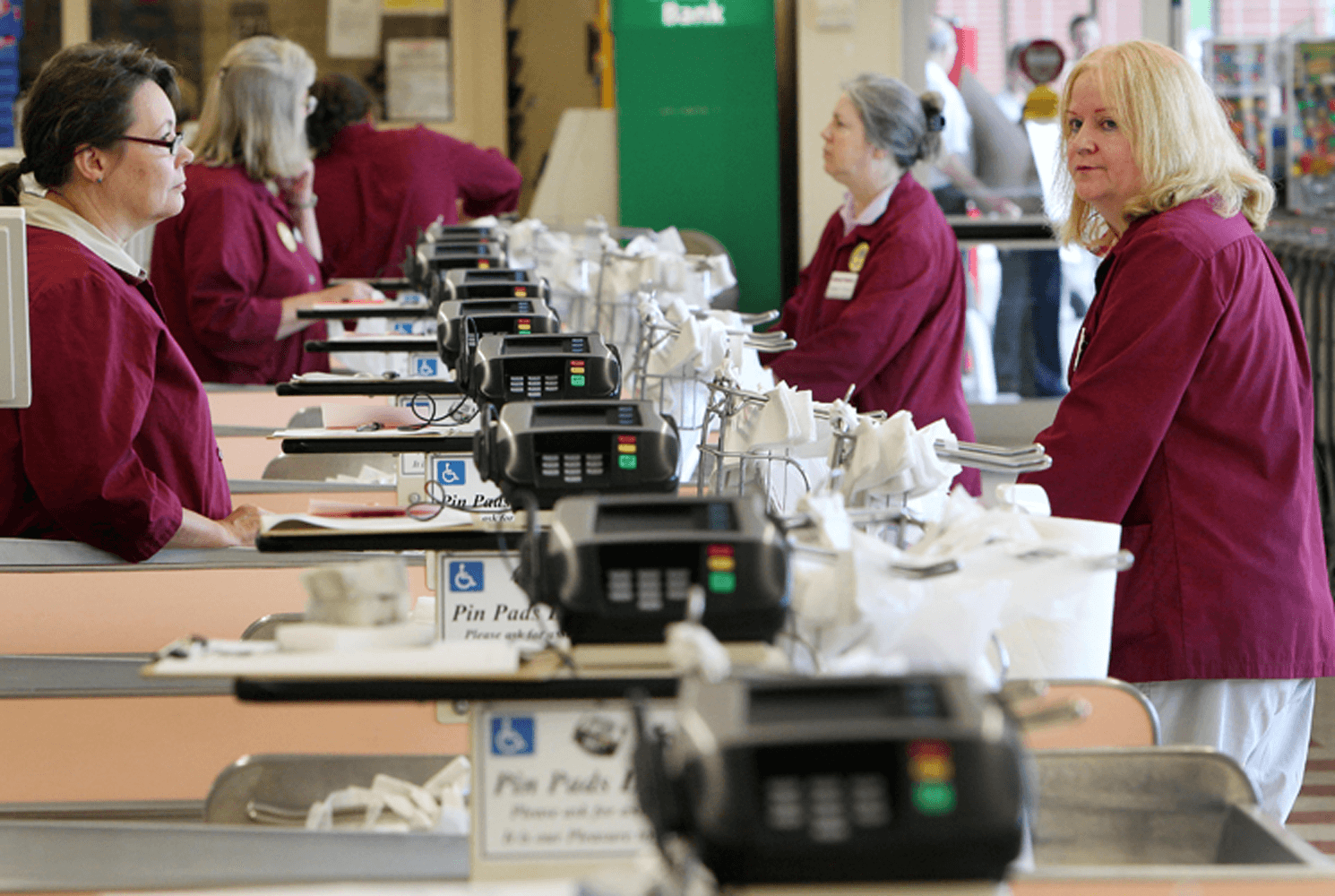What to consider during the planned congressional hearing on a $15 minimum wage

The U.S. House of Representatives Committee on Education and the Workforce is planning a hearing on the $15 minimum wage, focusing on the “consequences for workers and small businesses.” The hearing is being held in anticipation of early legislation in the next Congress on the $15 minimum wage. The current chair of the committee, Rep. Virginia Foxx (R-NC), and other members of the current majority in Congress are opposed to substantially increasing the minimum wage.
This hearing is an attempt to focus the policymaking narrative about minimum wage increases solely on business outcomes. Yet there is sparse evidence that increases in the minimum wage will reduce employment across businesses. Recent empirical research from Equitable Growth’s network of academics and grantees demonstrates that state and local increases in the minimum wage have increased worker well-being without the predicted deleterious effects to the economy. Specifically:
- A new report by the Center on Wage and Employment Dynamics at the University of California, Berkeley’s Institute for Research on Labor and Employment examines the effect of increases to the minimum wage on food service workers who would likely be impacted at the city-level in Chicago; Washington, D.C.; Oakland, California; San Francisco; Seattle; and San Jose, California. Equitable Growth grantees and economists Sylvia Allegretto, Anna Godoey, Carl Nadler, and Michael Reich of UC Berkeley find that cities that increased the minimum wage above $10 per hour had stronger private-sector job growth than the average comparison county.
- Analysis from the Economic Policy Institute led by economist Ben Zipperer examines the research of a team of economists at University of Washington on Seattle’s $15 an hour minimum wage, and concludes that their findings on negative or ambiguous effects of the increased wage on employment levels are premised on faulty methodology. Zipperer’s analysis verifies the research by Allegretto, Godoey, Nadler, and Reich.
- Minimum wage increases also reduce income inequality. An Equitable Growth working paper by grantees and U.S. Census Bureau economists Kevin Rinz and John Voorheis links data from the Current Population Survey to earnings records from the Social Security Administration to examine accurate earnings for workers across the income distribution over a 5-year time period. They find that state-level increases to the minimum wage had the strongest effects for those at the lower end of the income distribution, with gains accumulating over time up to 5 years.
- Equitable Growth Research Advisory Board Member and grantee Arindrajit Dube of the University of Massachusetts Amherst also finds evidence of increased earnings at the bottom of the income distribution in an Equitable Growth working paper. Furthermore, Dube finds that a higher minimum wage reduced eligibility for public assistance but also that it reduced some of the gains of the increased wage among workers likely to be affected by changes to the minimum wage—with the overall impact remaining positive for workers.
- Further work by Zipperer looks at how the declining real value of the federal minimum wage has effected black and Hispanic workers, finding that it has increased poverty rates for these families.
- In an Equitable Growth working paper, Research Advisory Board Member David Howell of the New School, along with Kea Fiedler of the New School and Stephanie Luce of the City University of New York, argue that the test of zero job loss for the success of a minimum wage increase is too narrow. While direct impacts on business are one consideration, the overall goal of a minimum wage increase should be a “minimum living wage.”
Indeed, the congressional hearing detracts from the purpose of increasing the minimum wage in the first place: improving the well-being of low-wage workers and ensuring our economic growth is shared along the income distribution. As was discussed in the recent column, “Refocusing the minimum wage debate on the well-being of U.S. workers,” the “no job loss standard” for increases to the minimum wage is misdirected. Disemployment is an aspect of raising the minimum wage for which there is ambiguous or no evidence, while the body of evidence demonstrates that increasing minimum wages in a tight labor market can ensure economic growth is broadly shared with workers at the bottom of the earnings distribution. The result: increased earnings and consumption, reduced job turnover and increased job tenure, and higher family income.




